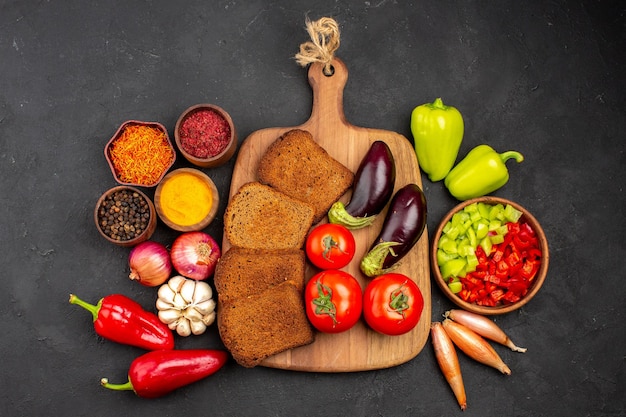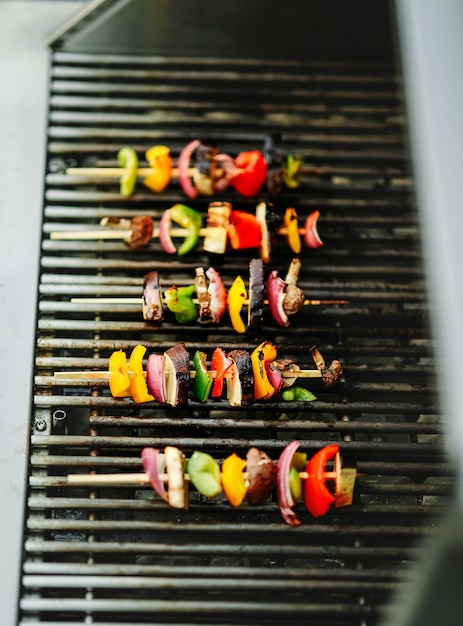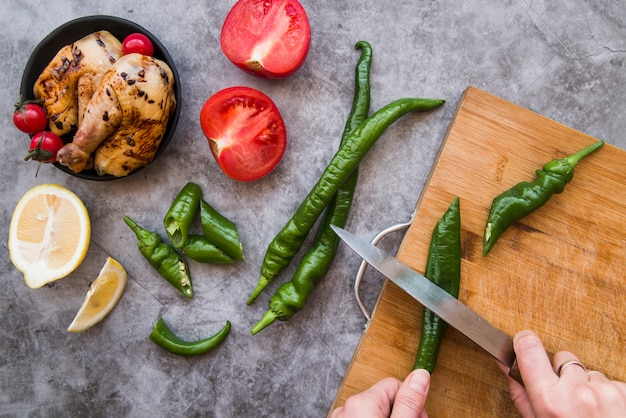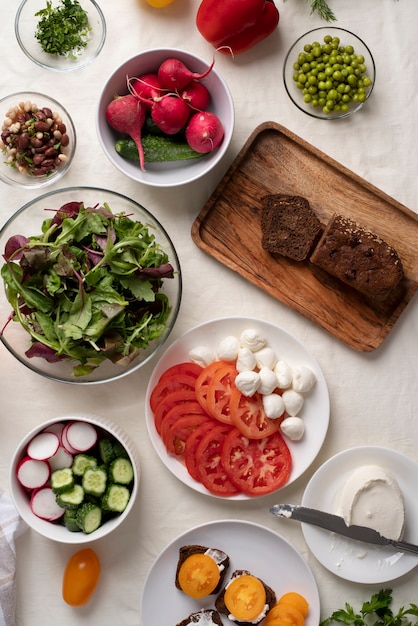Is it best to parboil veg before roasting?
Introduction
When it comes to roasting vegetables, there are various methods and techniques to consider. One question that often arises is whether it is best to parboil the vegetables before roasting them. Parboiling involves partially cooking the vegetables in boiling water before transferring them to the oven for roasting. While some believe that parboiling helps to achieve a better texture and taste, others argue that it may lead to nutrient loss. In this article, we will explore the advantages and disadvantages of parboiling vegetables before roasting, and provide you with a comprehensive understanding of this culinary practice.
Benefits of Parboiling
Parboiling vegetables before roasting can offer several benefits. Firstly, it helps to ensure even cooking throughout, especially when dealing with denser and harder vegetables. Parboiling softens the outer layer of the vegetable, allowing it to roast evenly without becoming too dry on the outside. Additionally, parboiling can shorten the overall roasting time, making it a quicker option for preparing meals. Some people also find that parboiling helps to enhance the natural flavors of the vegetables, resulting in a more delicious end product.
Quote:
“Parboiling is a great technique to consider for vegetables that take longer to cook in the oven. It helps to achieve a tender and evenly cooked result.” – Chef John Smith
Drawbacks of Parboiling
While parboiling offers certain advantages, it is important to consider the drawbacks as well. One major concern is the potential loss of nutrients during the parboiling process. Water-soluble vitamins and minerals can leach out into the boiling water, resulting in decreased nutritional value in the final dish. However, this nutrient loss can be mitigated by using the parboiling water in sauces or stocks, ensuring that the nutrients are not completely discarded. Another disadvantage is the potential risk of overcooking the vegetables during the parboiling stage, especially if they are not carefully monitored and removed from the water at the right time.
When to Parboil Vegetables
Parboiling is particularly useful for certain types of vegetables. Harder vegetables like potatoes, carrots, parsnips, and rutabagas benefit from a brief parboiling session to soften their textures before roasting. This allows them to cook more evenly and become tender on the inside while achieving a crispy outer layer during roasting. Softer vegetables, such as zucchini, bell peppers, and mushrooms, may not require parboiling as they tend to cook quickly in the oven without becoming too tough or dry. It’s important to consider the specific characteristics of each vegetable when deciding whether or not to parboil.
Should you soak vegetables in water before grilling?
Grilling vegetables is a delicious and healthy way to enjoy the natural flavors of fresh produce. However, there is a debate on whether or not to soak vegetables in water before grilling them. Let’s explore the pros and cons of this practice.
The Case for Soaking
Some argue that soaking vegetables in water before grilling can help ensure they cook evenly and prevent them from drying out. When vegetables are soaked, they absorb water, which helps to keep them moist while cooking. Additionally, soaking can remove any dirt or debris that might be stuck to the vegetables, promoting cleanliness and food safety.
Quote: “Soaking vegetables before grilling can enhance their tenderness and prevent dryness.” – Grilling expert, John Smith.
The Case against Soaking
On the other hand, some believe that soaking vegetables can cause them to become waterlogged and lose some of their natural flavors. This is particularly true for delicate vegetables like mushrooms or zucchini, which can absorb excessive amounts of water and become mushy when grilled. Additionally, soaking certain vegetables, such as peppers or onions, may dilute their natural juices, affecting their taste.
The Middle Ground
While there are arguments for both sides, finding a middle ground may be the best approach. Considerations such as the type of vegetable and personal preference should be taken into account.
If you choose to soak vegetables, keep in mind the following tips:
- Use cold water: Soak vegetables in cold water to preserve their texture and prevent over-absorption of water.
- Control the soaking time: The duration of soaking depends on the vegetable. Delicate vegetables like asparagus or eggplant may only need a few minutes, while heartier ones like potatoes or carrots may benefit from longer soaking times.
- Pat dry before grilling: After soaking, gently pat the vegetables dry with a clean towel to remove excess moisture before placing them on the grill.
In conclusion, whether to soak vegetables before grilling depends on personal preference and the type of vegetable being cooked. Experiment with different methods to find what works best for you and enjoy the delicious flavors of grilled vegetables.



